Annotating PDFs on Linux can be challenging due to the limited availability of specialized tools compared to other operating systems. However, several reliable applications provide robust solutions for those looking to annotate PDFs effectively on Linux. In this blog post, we'll explore various tools that facilitate PDF annotation, discussing each one's features and how to use them. Whether you're a student, professional, or casual user, finding the right tool is crucial for efficient document management. Keep reading to discover the best PDF annotators for Linux and learn about top alternatives for other platforms, including UPDF.
Part 1. Is There a PDF Annotator for Linux?
Yes, there are several PDF annotators and editors available for Linux that cater to various needs, from basic highlighting to more advanced commenting and editing features. While Linux does not have as wide a selection of PDF tools as Windows or macOS, the available options are robust and effective. These include both open-source tools with extensive customization options and proprietary software that offer professional-grade features. Users can choose from applications like Okular, Evince, and even Microsoft Edge, which are well-suited for both casual users and professionals looking to annotate PDFs efficiently on a Linux system.
Part 2. How Do You Add Annotations to PDF in Linux?
Having established that there are capable PDF annotators for Linux, the next step is understanding how to effectively use these tools. In this section, we'll explore the methods and steps involved in adding annotations to PDF documents using popular Linux-compatible software, ensuring you can maximize your productivity and document management.
While exploring options for Linux, it's also beneficial to know about UPDF, an excellent PDF annotator and editor for users on Windows, Mac, iOS, and Android platforms. UPDF offers a range of annotation tools and an intuitive interface that enhances document workflows. If you frequently work across different operating systems or are considering a switch from Linux, UPDF could significantly upgrade your document handling capabilities. Explore the advanced features of UPDF for Windows/Mac/iOS/Android by visiting our website and downloading the application today to see how it can streamline your PDF editing and annotation tasks on supported devices.
Windows • macOS • iOS • Android 100% secure
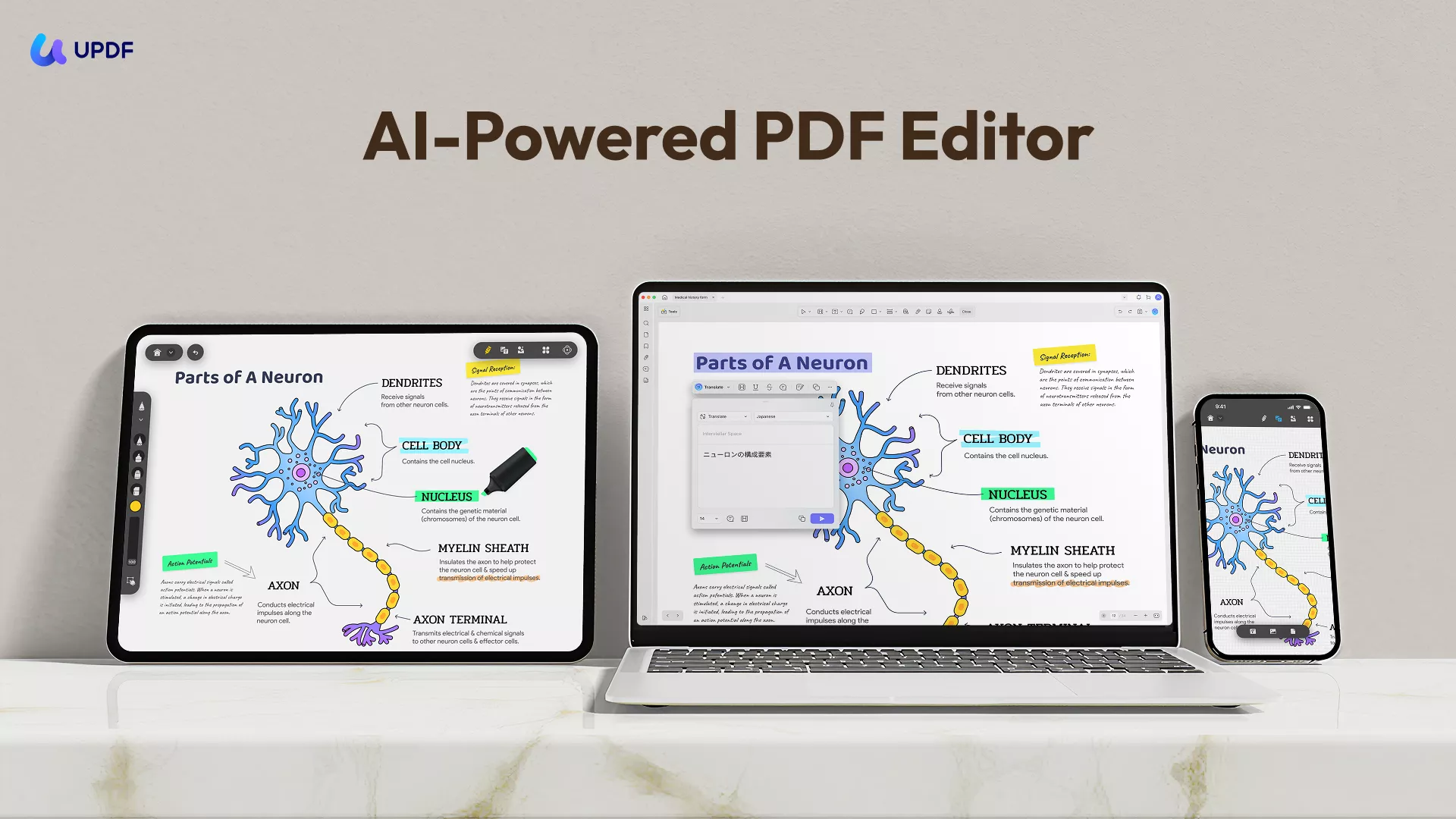
Method 1. Annotate PDF on Linux with Evince
Evince is a popular PDF viewer on Linux that also includes basic annotation capabilities, making it a practical choice for users looking to add notes or highlight text within PDF documents. Here's how you can use Evince to annotate your PDFs:
- Open the PDF: Launch Evince and open the PDF file you want to annotate.
- Select the Annotation Tool: Click on the annotation tools in the toolbar. You can choose from text annotations, highlighting, or adding notes.
- Add Your Annotations: Click on the area of the PDF where you want to add an annotation and begin typing or highlighting.
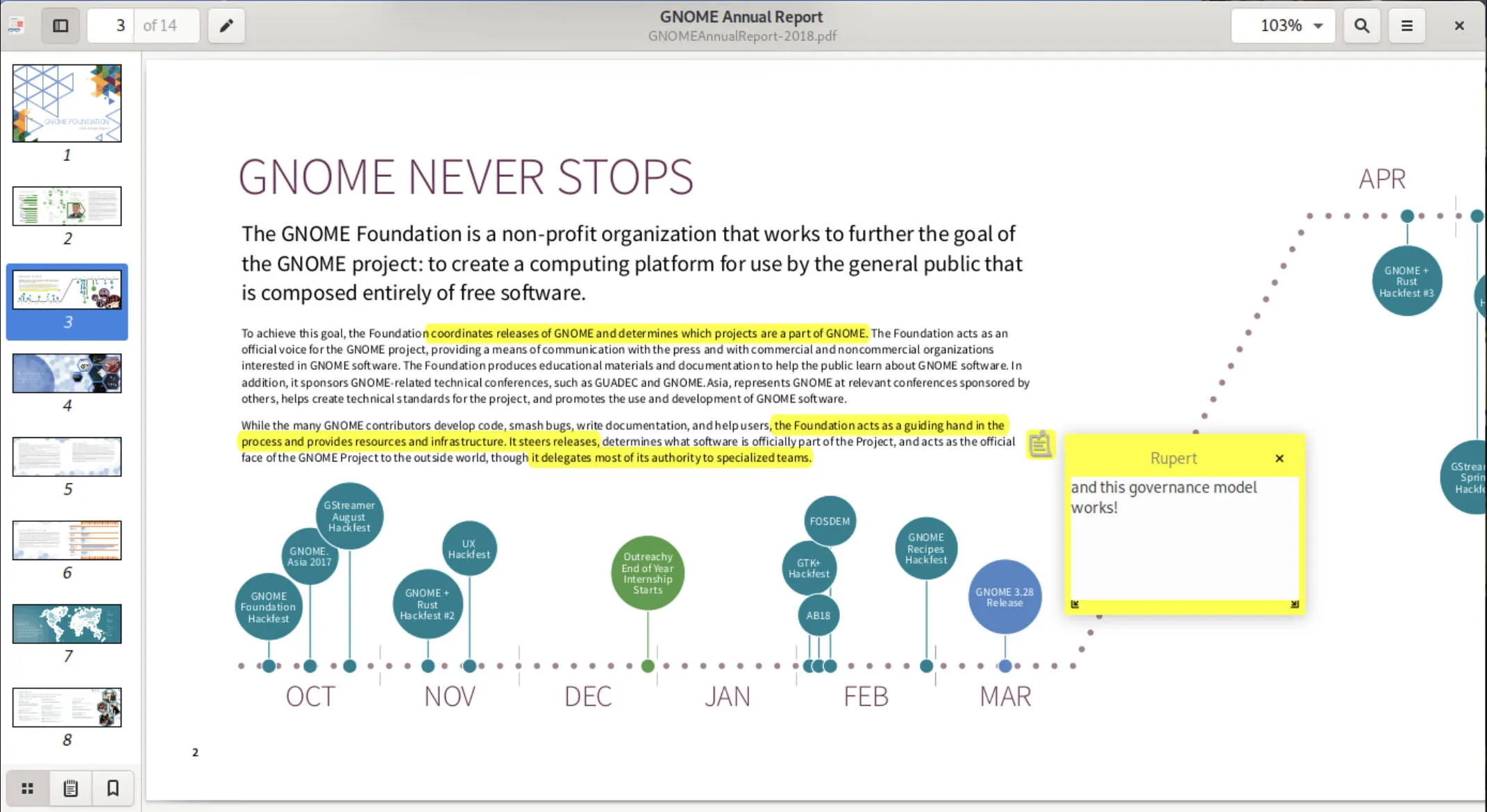
- Save the PDF: Once you've made your annotations, save the document to ensure all your changes are kept.
Evince's straightforward interface and focused feature set make it ideal for users who need quick and easy PDF annotations without the complexity of more extensive PDF editors.
Method 2. Annotate PDF on Linux with Microsoft Edge
Microsoft Edge, the web browser by Microsoft, offers integrated PDF viewing and annotation features, making it a convenient choice for users on supported platforms. Before proceeding with the following steps, ensure that you have installed Edge on your Linux computers. Here's a guide on using Microsoft Edge for annotating PDFs:
- Open the PDF: Drag and drop your file into an open Microsoft Edge window or use the "Open with" option and select Microsoft Edge to open your PDF directly in the browser.
- Use Annotation Tools: After opening PDF in Edge, you'll see options for drawing, highlighting, adding text, and more in the toolbar.

- Add Your Annotations: Select your desired tool and apply your annotations directly onto the PDF document.
- Save the PDF: Once you've finished annotating, save the changes by downloading the PDF with your annotations or by using the "Save as" feature to create a new annotated document.
Microsoft Edge is a viable option for annotating PDFs on Linux, providing basic tools for this purpose.
Method 3. Annotate PDF on Linux with Okular
Okular is a versatile document viewer developed by KDE, which includes support for PDF annotations among various other document formats. It is widely used in the Linux community for its robustness and extensive feature set. Here's how to annotate PDFs using Okular:
- Open the PDF: Start Okular and open the PDF file you wish to annotate.
- Select Annotation Tools: Okular offers a wide range of annotation tools like highlights, underlines, pop-up notes, and geometric shapes. Access these from the 'Tools' menu or the annotation toolbar.
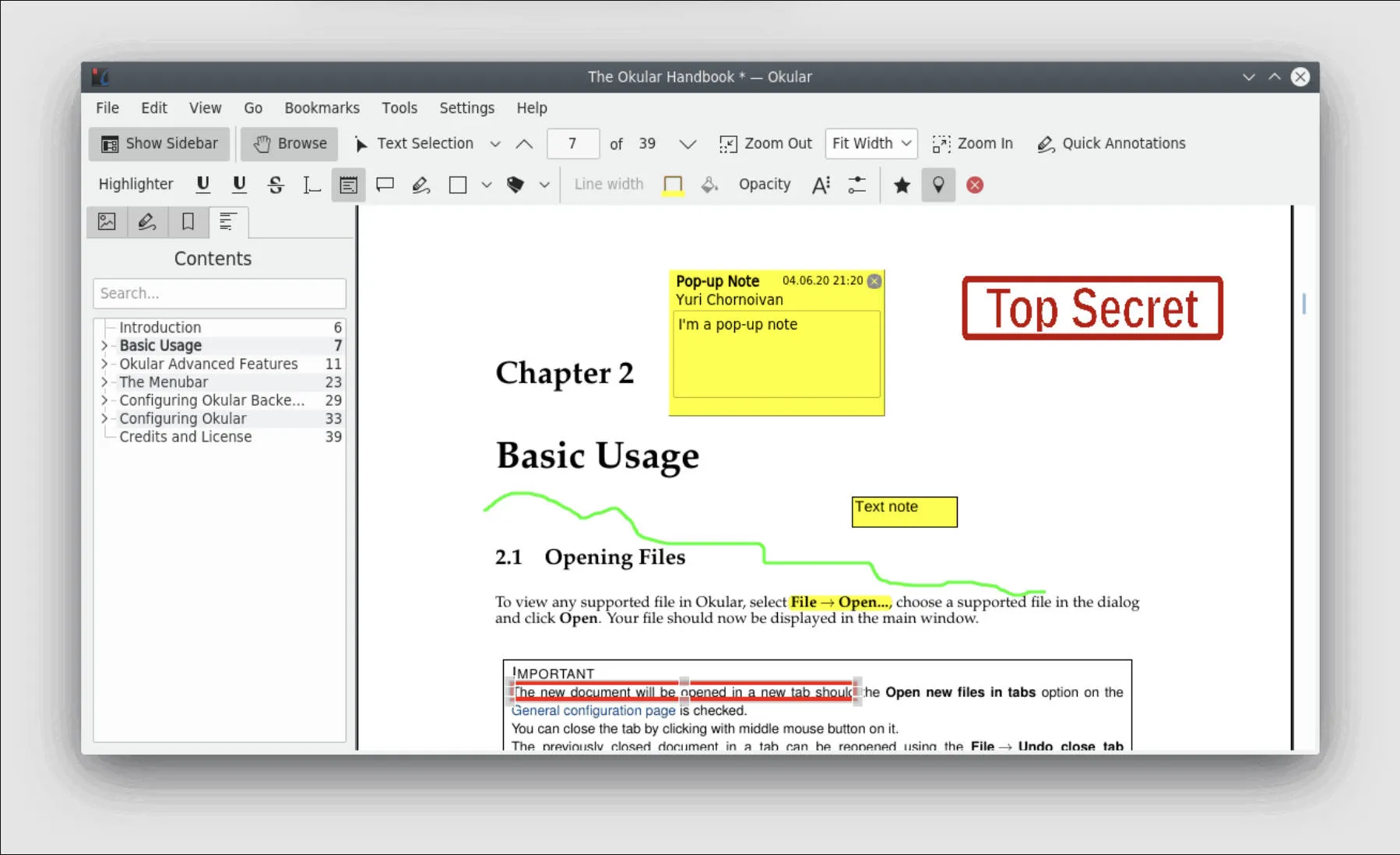
- Apply Annotations: Click on the section of the document where you want to add annotations and select your preferred tool to begin annotating.
- Save Your Annotations: Make sure to save your document after annotating. Okular provides an option to save annotations within the document, ensuring that they are visible in other PDF readers.
Okular is particularly popular among Linux users for its adaptability and comprehensive set of features, making it an ideal choice for academic and professional settings.
Method 4. Annotate PDF on Linux with Master PDF Editor
Master PDF Editor is a highly regarded tool among Linux users for its extensive capabilities in PDF editing and annotating. Here's how to use Master PDF Editor to add annotations to your PDFs:
- Open the PDF: Launch Master PDF Editor and open the PDF file you want to annotate.
- Access Annotation Tools: From the top toolbar in Master PDF Editor, select 'Comment' - there includes a variety of annotation tools, such as sticky notes, highlight, underline, and strikeout tools. Select the appropriate tool for your needs.
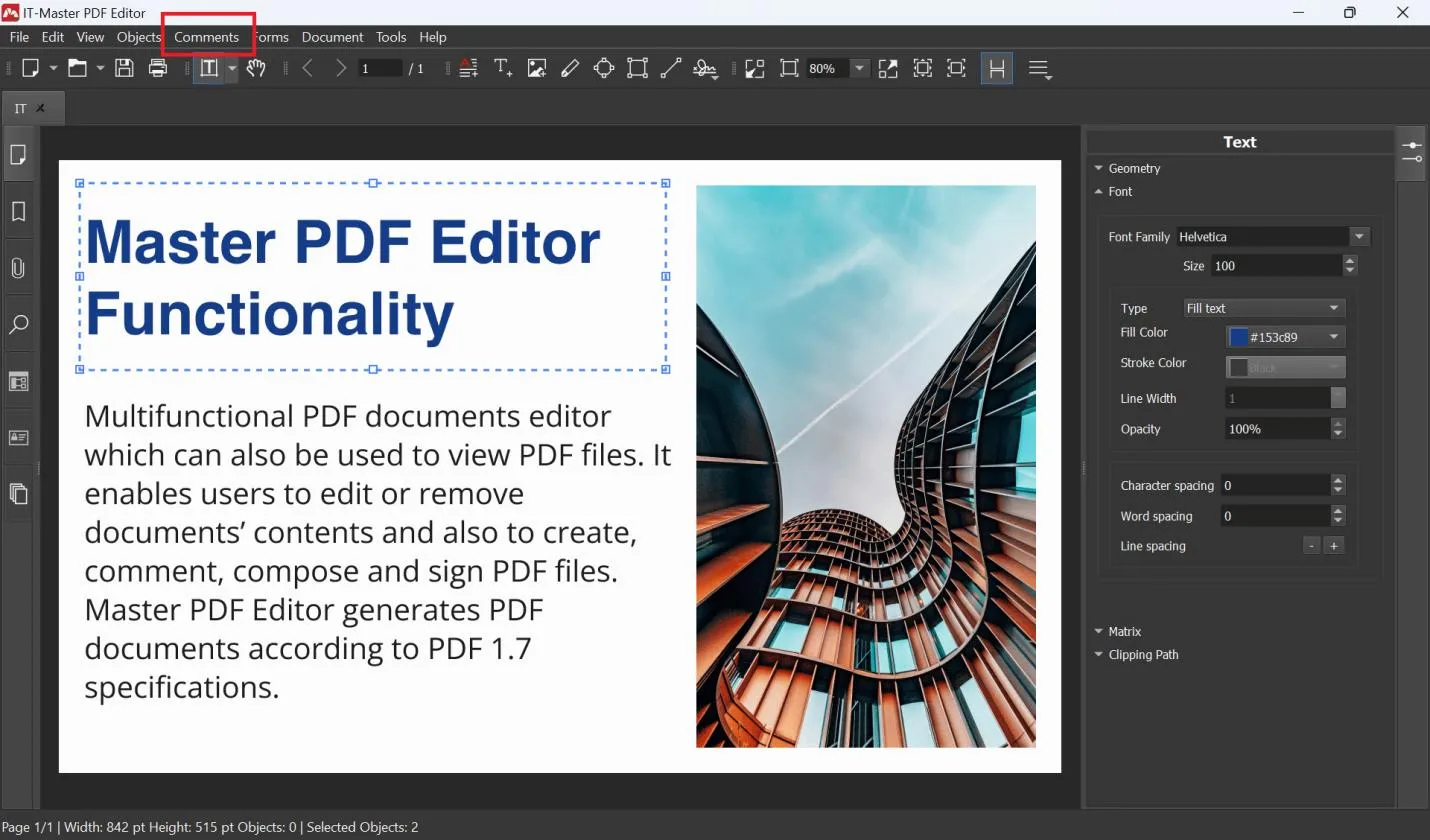
- Add Annotations: Click on the part of the document where you want to add an annotation, and start typing or marking directly.
- Save the PDF: After you've finished annotating, remember to save your document to ensure all annotations are preserved.
Master PDF Editor offers a robust set of features that make it an excellent choice for professional users who need advanced PDF editing and annotating capabilities on Linux.
Method 5. Annotate PDF on Linux with Online Tools - Smallpdf
Smallpdf is a versatile online tool that provides a suite of PDF management functions, including the ability to annotate PDFs directly from your web browser. Here's how you can use Smallpdf to annotate your PDFs:
- Access Smallpdf: Visit the Smallpdf website and select the PDF Annotate tool from the menu.
- Upload Your PDF: Drag and drop your PDF file into the tool or use the upload function to add it from your device or cloud storage.
- Annotate the PDF: Smallpdf offers tools for adding text, shapes, highlights, and notes. Choose your desired tool from the toolbar and apply your annotations.
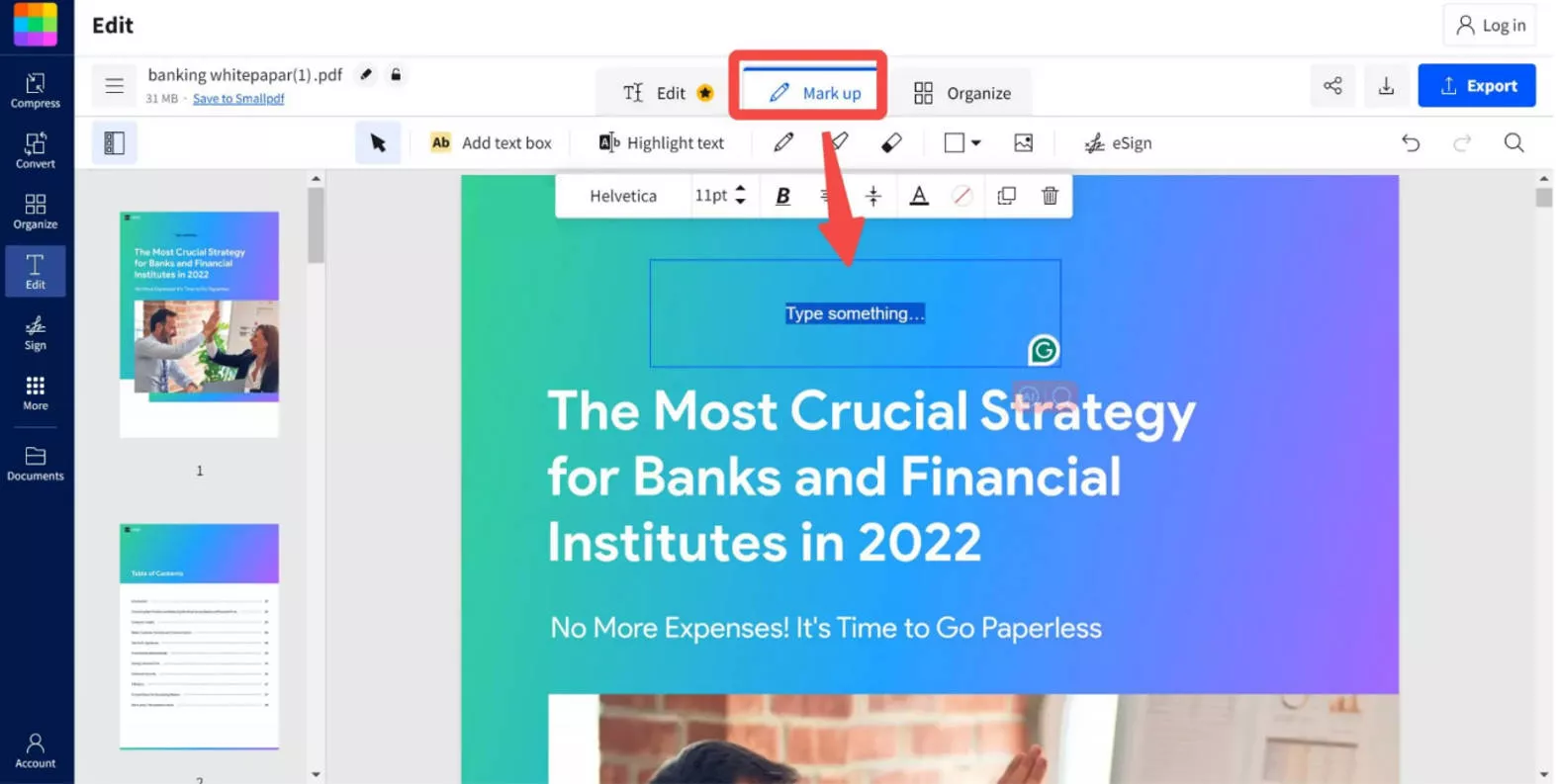
- Save and Download: Once your annotations are complete, you can save any changes and download the annotated PDF back to your device or save it to cloud storage.
Smallpdf is ideal for users who prefer not to install software and need a quick, effective way to manage PDFs on any operating system, including Linux, through a web browser.
Part 3. Bonus: What Is the Best PDF Annotator/Editor for Windows, Mac, iOS, and Android?
Having explored various PDF annotation tools suitable for Linux, let's shift our focus to a solution that caters to users on Windows, Mac, iOS, and Android. In this section, we will delve into UPDF, detailing why it stands out as the best PDF annotator and editor for these platforms.
UPDF is a superior PDF editor and annotator that serves users across Windows, Mac, iOS, and Android platforms. It stands out with a clean, user-friendly interface that simplifies PDF editing, annotation, and management. UPDF allows users to easily annotate PDFs with tools for highlighting, underlining, adding sticky notes, and more. It also supports comprehensive editing capabilities, enabling users to modify text, images, and even links within PDFs. Additionally, UPDF offers file conversion features, transforming PDFs into various formats like Word, Excel, and PowerPoint. While it's not available for Linux, UPDF is an excellent choice for almost every other major platform.
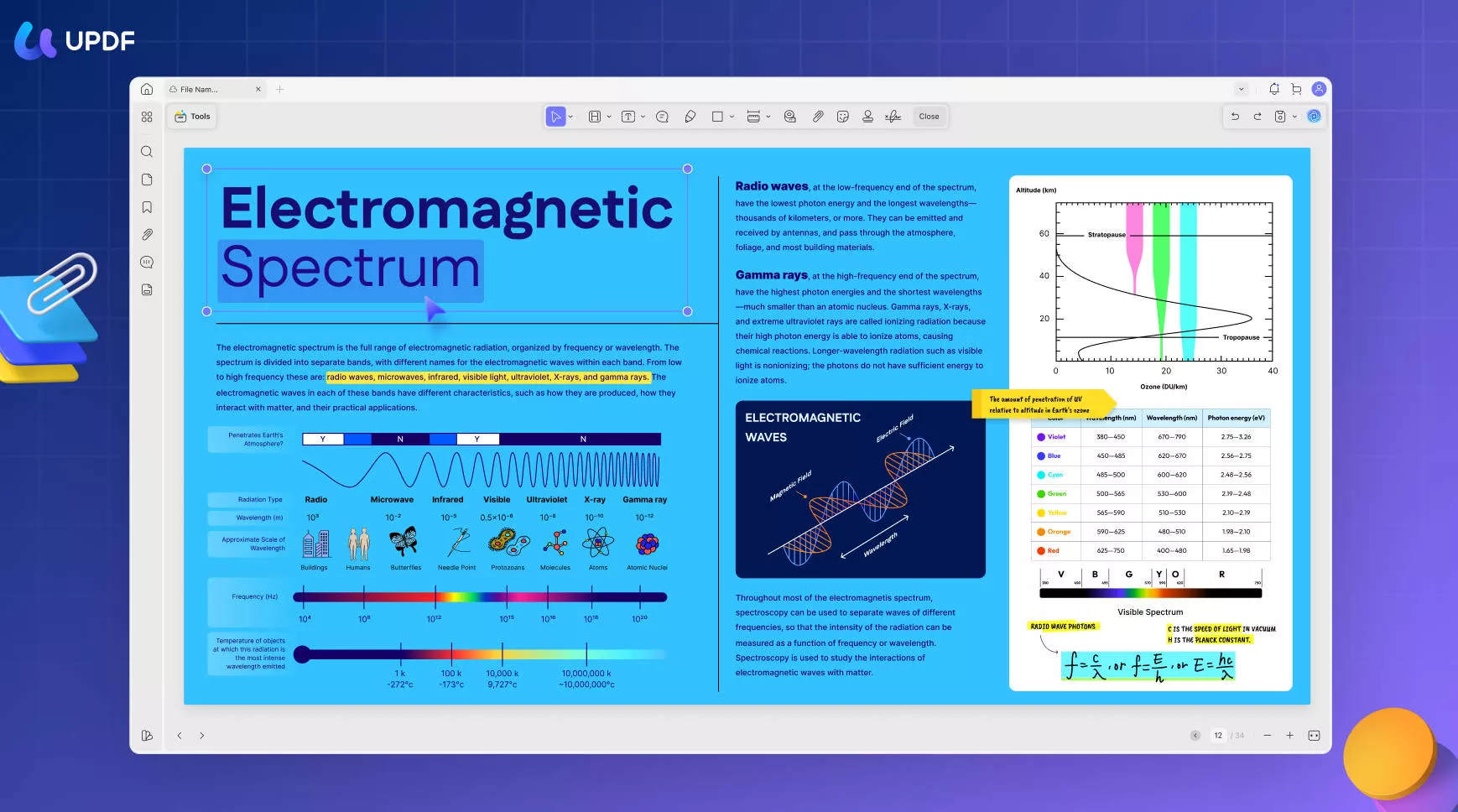
Experience the full capabilities of UPDF for free by taking advantage of our trial version. Currently, we're also offering a significant sale on all UPDF plans. Don't miss this opportunity to enhance your PDF management at a great price. Visit UPDFs pricing page now to find the perfect plan for you!
Windows • macOS • iOS • Android 100% secure
Conclusion
In conclusion, while Linux users have several options for PDF annotation, those using other platforms can benefit from the comprehensive features of UPDF. Offering advanced editing, annotation, and conversion capabilities, UPDF is the ideal choice for Windows, Mac, iOS, and Android users. Don't miss the opportunity to enhance your productivity with UPDF's intuitive interface and powerful tools. Check out our current sale to get started with UPDF at a discounted price today!
 UPDF
UPDF
 UPDF for Windows
UPDF for Windows UPDF for Mac
UPDF for Mac UPDF for iPhone/iPad
UPDF for iPhone/iPad UPDF for Android
UPDF for Android UPDF AI Online
UPDF AI Online UPDF Sign
UPDF Sign Edit PDF
Edit PDF Annotate PDF
Annotate PDF Create PDF
Create PDF PDF Form
PDF Form Edit links
Edit links Convert PDF
Convert PDF OCR
OCR PDF to Word
PDF to Word PDF to Image
PDF to Image PDF to Excel
PDF to Excel Organize PDF
Organize PDF Merge PDF
Merge PDF Split PDF
Split PDF Crop PDF
Crop PDF Rotate PDF
Rotate PDF Protect PDF
Protect PDF Sign PDF
Sign PDF Redact PDF
Redact PDF Sanitize PDF
Sanitize PDF Remove Security
Remove Security Read PDF
Read PDF UPDF Cloud
UPDF Cloud Compress PDF
Compress PDF Print PDF
Print PDF Batch Process
Batch Process About UPDF AI
About UPDF AI UPDF AI Solutions
UPDF AI Solutions AI User Guide
AI User Guide FAQ about UPDF AI
FAQ about UPDF AI Summarize PDF
Summarize PDF Translate PDF
Translate PDF Chat with PDF
Chat with PDF Chat with AI
Chat with AI Chat with image
Chat with image PDF to Mind Map
PDF to Mind Map Explain PDF
Explain PDF Scholar Research
Scholar Research Paper Search
Paper Search AI Proofreader
AI Proofreader AI Writer
AI Writer AI Homework Helper
AI Homework Helper AI Quiz Generator
AI Quiz Generator AI Math Solver
AI Math Solver PDF to Word
PDF to Word PDF to Excel
PDF to Excel PDF to PowerPoint
PDF to PowerPoint User Guide
User Guide UPDF Tricks
UPDF Tricks FAQs
FAQs UPDF Reviews
UPDF Reviews Download Center
Download Center Blog
Blog Newsroom
Newsroom Tech Spec
Tech Spec Updates
Updates UPDF vs. Adobe Acrobat
UPDF vs. Adobe Acrobat UPDF vs. Foxit
UPDF vs. Foxit UPDF vs. PDF Expert
UPDF vs. PDF Expert

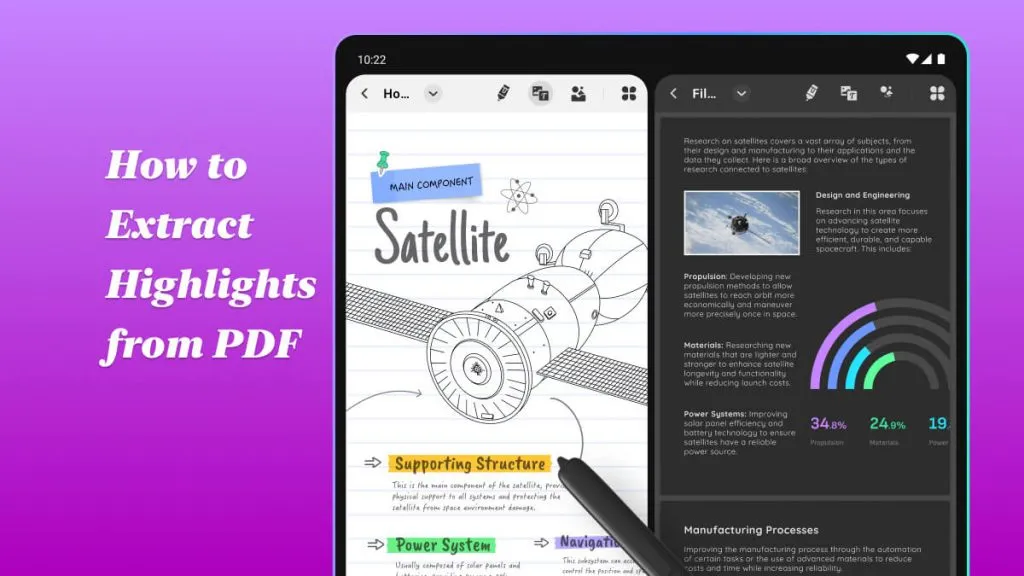
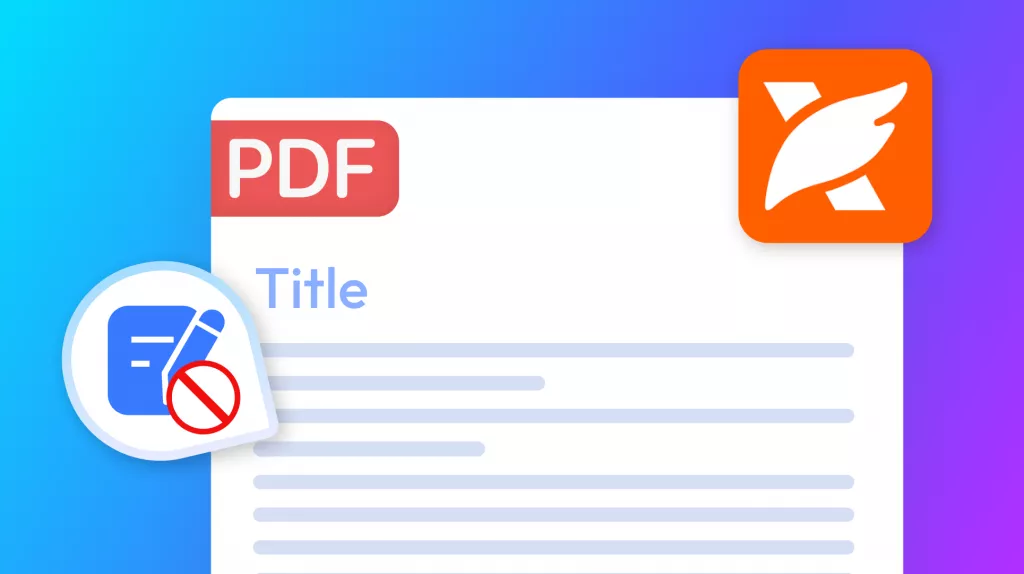
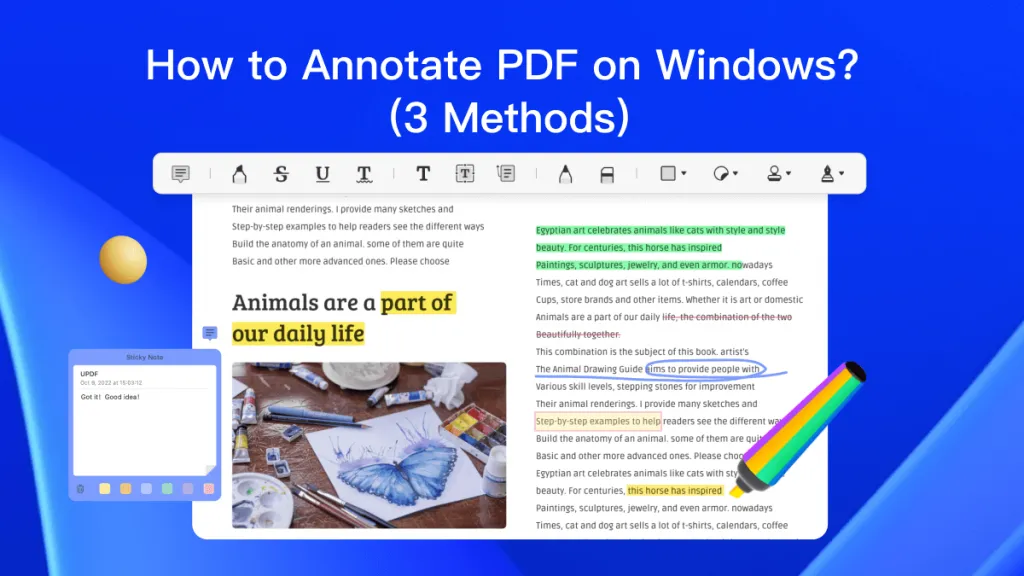
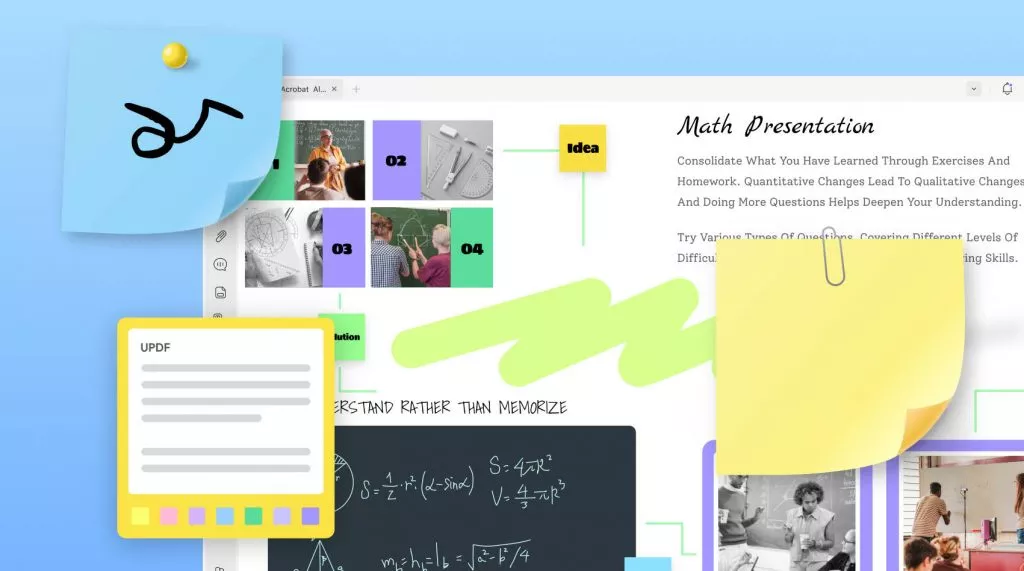
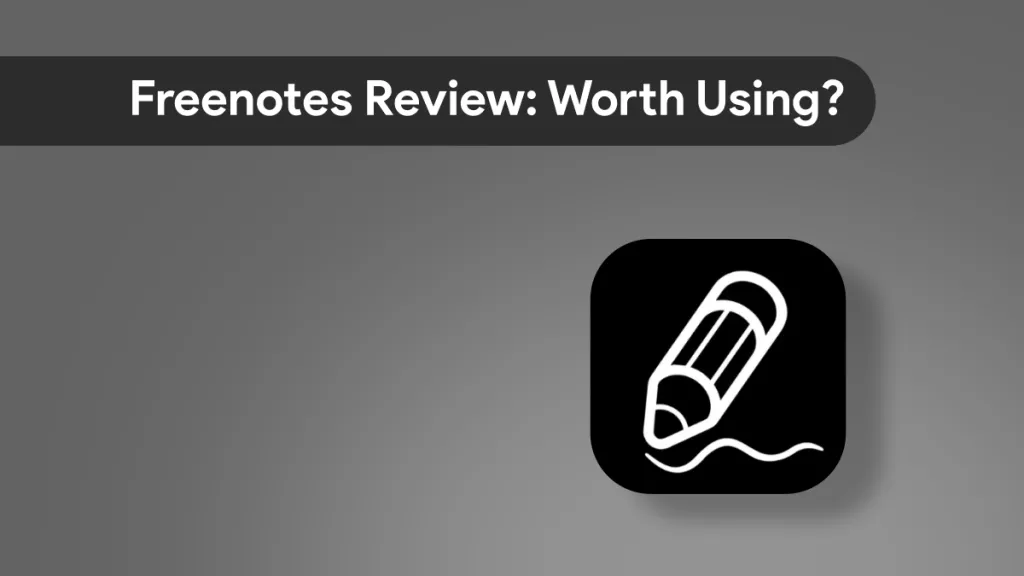

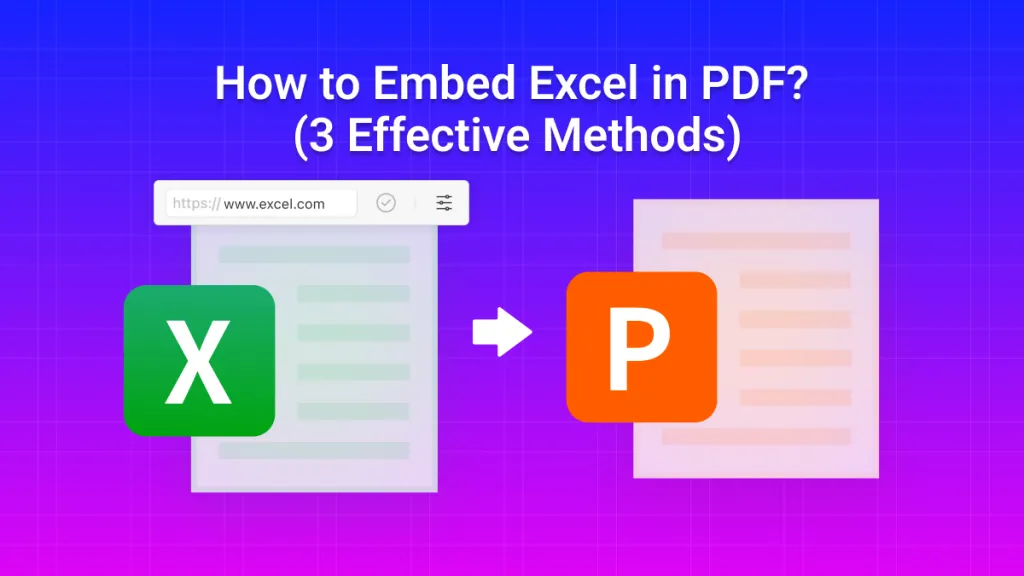
 Lizzy Lozano
Lizzy Lozano 
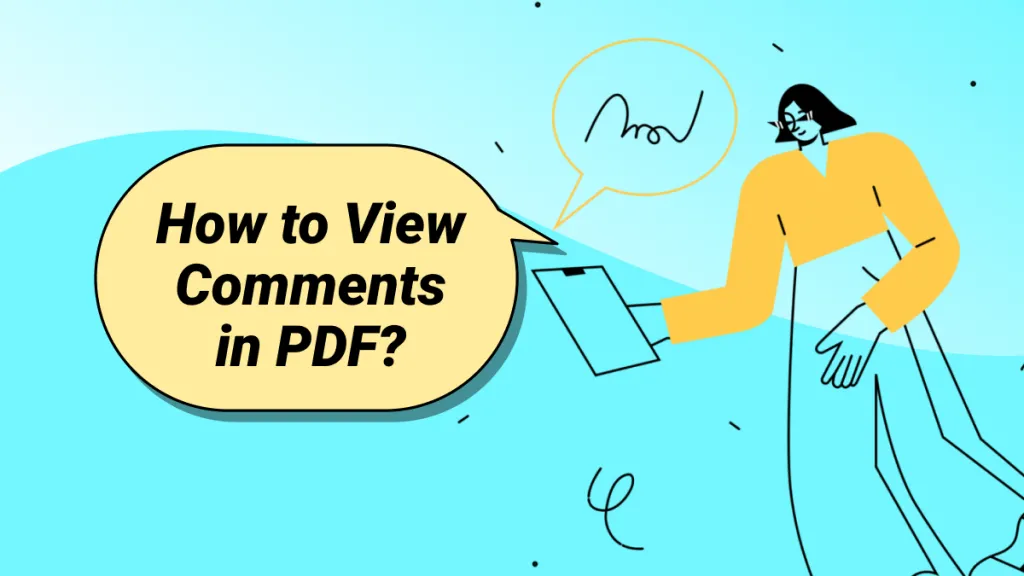
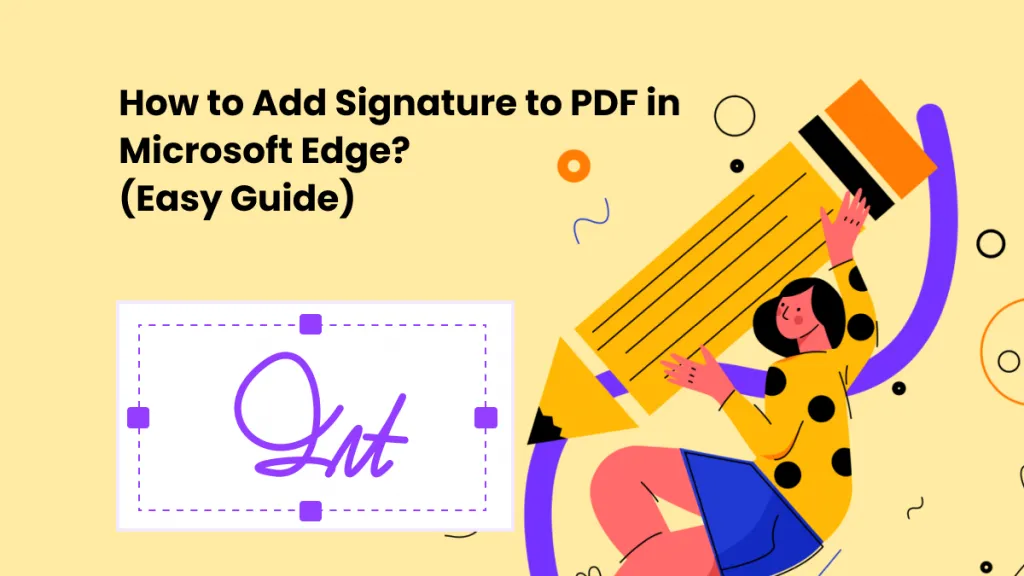
 Enid Brown
Enid Brown 